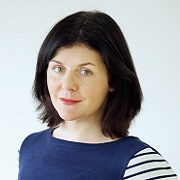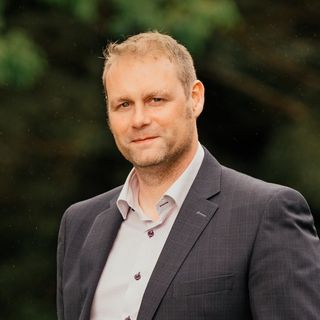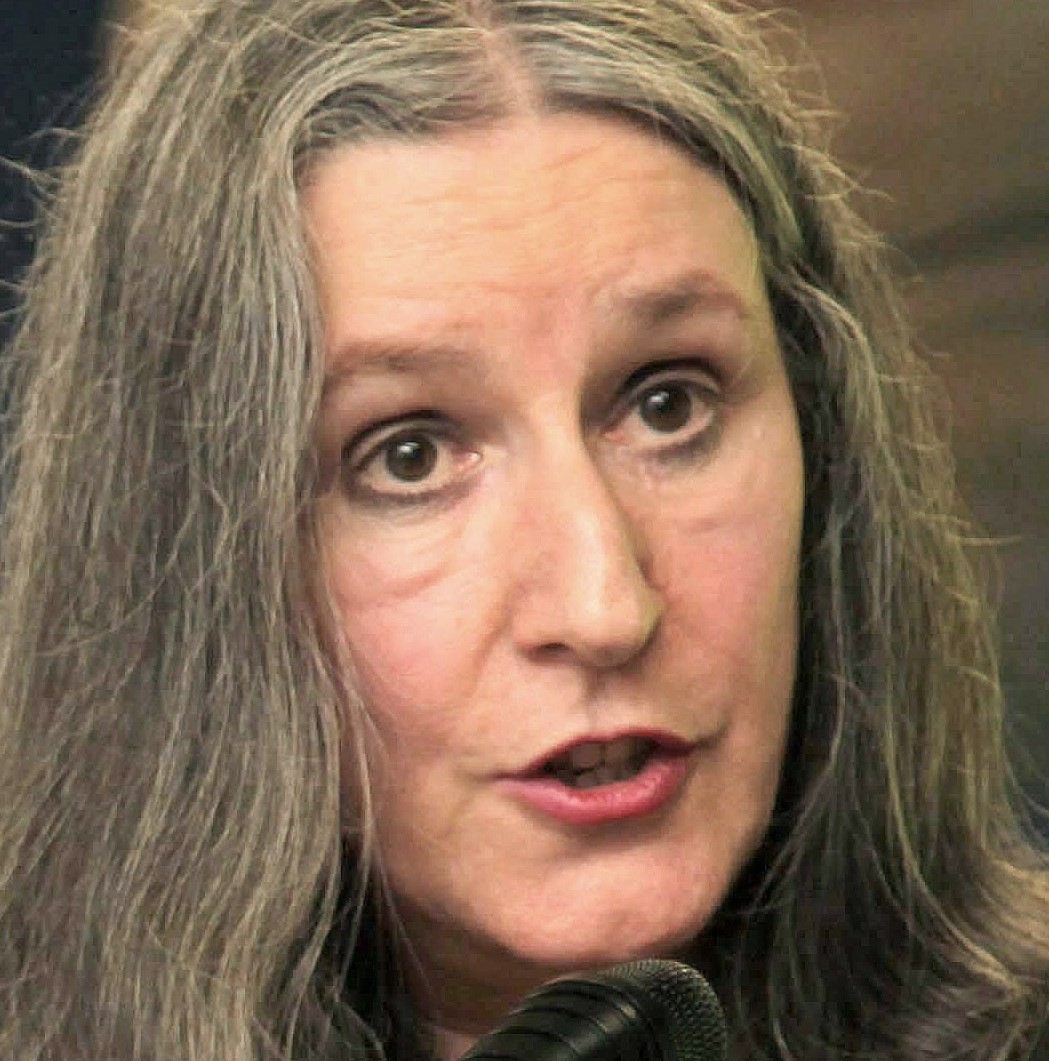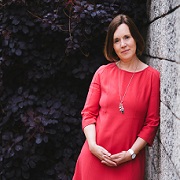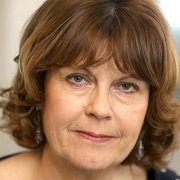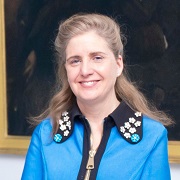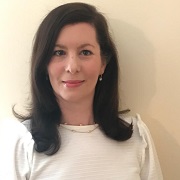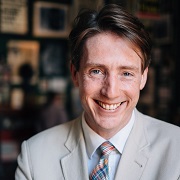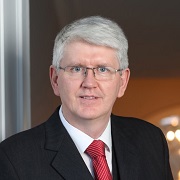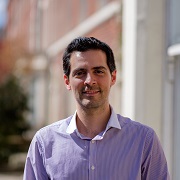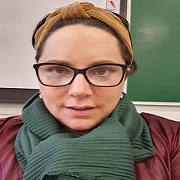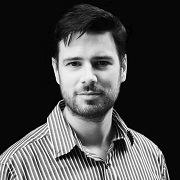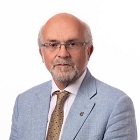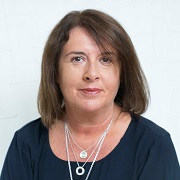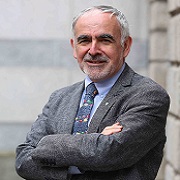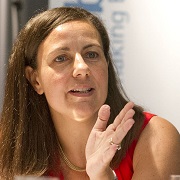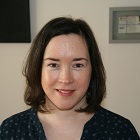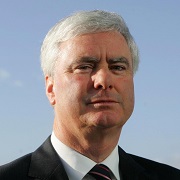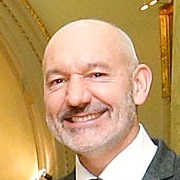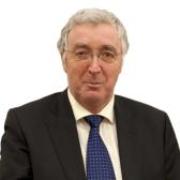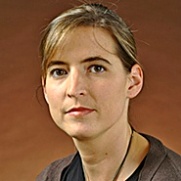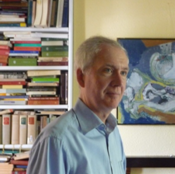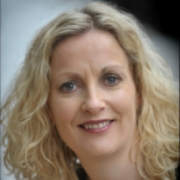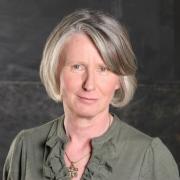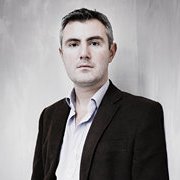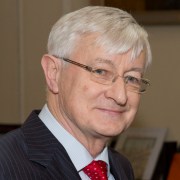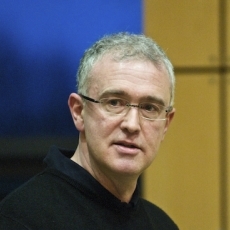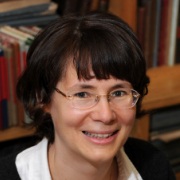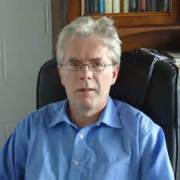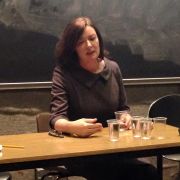Last week, on International Women’s Day 2018, I received an accolade which I would never have expected in my wildest dreams. I was listed as one of the 10 Strong Women in Irish Circus, alongside aerial dancers and performers who surely had more business being celebrated than an academic like myself. As my mother reminded me, I am the only one in my family who can’t juggle. Strange as this may seem, it reflects my strange and sometimes wonderful career in the humanities to date. I am the Course Director for the MA Festive Arts, a unique programme which offers students the opportunity to engage with aspects of festivity either as performers, producers or scholars based at the Irish World Academy of Music and Dance. My circus days may be just beginning, but so far I have had the opportunity to attend events as part of an ERASMUS+ project on youth and social circus training; I have organised a workshop and series of events around critical writing for street arts, circus and spectacle; and I have worked closely with partners such as ISACS and Fidget Feet aerial dance on the development of new measurement techniques to better understand the impact of these art forms on spaces and audiences.
This is, of course, all a very far cry from my undergraduate education (a BA degree in English Literature and Art and Architectural History at TCD) and my PhD research, which explored the restoration of medieval buildings in Ireland between 1789 and 1915. Or is it? My research, in essence, examined aspects of power and space, as well as the role of historical narrative in claiming social, political and economic authority. It examined the extent to which antiquarianism was a form of elite cultural consumption, part of the performance of social identity in a period of great change. The best of my teachers throughout my undergraduate degree made sure that we understood the extent to which books, spaces, plays and images operate in society, and reflect the complex contradictions of the human condition, rather than insisting on straight lines. If you are as lucky an undergraduate as I was, you encounter ideas that become indelibly traced on your mind. Amanda Piesse, for example, in a lecture on King Lear, asking us to think deeply about what it means to ask ‘Who is it that can tell me who I am’?; Eddie McParland getting us to understand the city space as a theatre, designed for the exercise of power and the choreography of dissent; or Eve Patten using the song lyrics ‘You make me feel like a natural woman’ as part of an exploration of gender, performance and identity.
In some ways, my career in the humanities has been marked by good fortune, and trust – trust that the different opportunities that I encountered and grabbed on to would make sense. These different, lucky, opportunities included volunteering at Pallas Contemporary Projects as an undergrad, working for Finola Jones at mother’s tankstation, curating several exhibitions, including one at Monaghan County Museum on psychiatric history, coordinating hundreds of volunteers as part of the Open House Dublin Architectural Festival, working at UCD on the Monastic Ireland digital humanities project, being a tour guide at the National Gallery of Ireland and the administrator for the Irish Museums Association, and much more besides. I took advantage of free education when I could – including the UCD Innovation Academy entrepreneurship programme, which led to my becoming a company director for a humanities-based start-up. My humanities education meant that I had the skills to engage with these different opportunities, but they also enabled my career to develop. Each experience has added to my critical awareness and research background in a way that has facilitated the next step.
In January, I was appointed Assistant Dean (Research) for the Faculty of Arts, Humanities and Social Sciences at the University of Limerick, and I look forward to working with my colleagues across the university in developing a genuinely interdisciplinary research culture. In recent years, I have been involved in a number of research projects that have demonstrated the value of integrating the nuanced, critical deliberation of the humanities scholar within broader research questions. I am passionate about growing and developing what my colleague Annmarie Ryan and I have termed ‘interdisciplinary collaborative capacity’, as I believe that this integration of research approaches will allow us to really engage with complex human issues such as security, climate change, and global health. My career within the humanities has introduced me to differing research cultures and practices, engaging closely with economists, architects and dancers. These experiences have deeply informed my emerging research directions, which include projects on the concept of respectability in Irish culture, a project on the territories of the Devotional Revolution in Ireland, and a multi-partner project on the role of European parks as agents of intercultural integration. These projects, and the books, exhibitions, performances and articles that I hope to produce as a result, will reflect these different research cultures. As a teacher and supervisor, I also try to communicate the importance of deep disciplinary expertise with a willingness to learn from and with others, based on my own experience of its value
So, perhaps I do know how to juggle after all.


